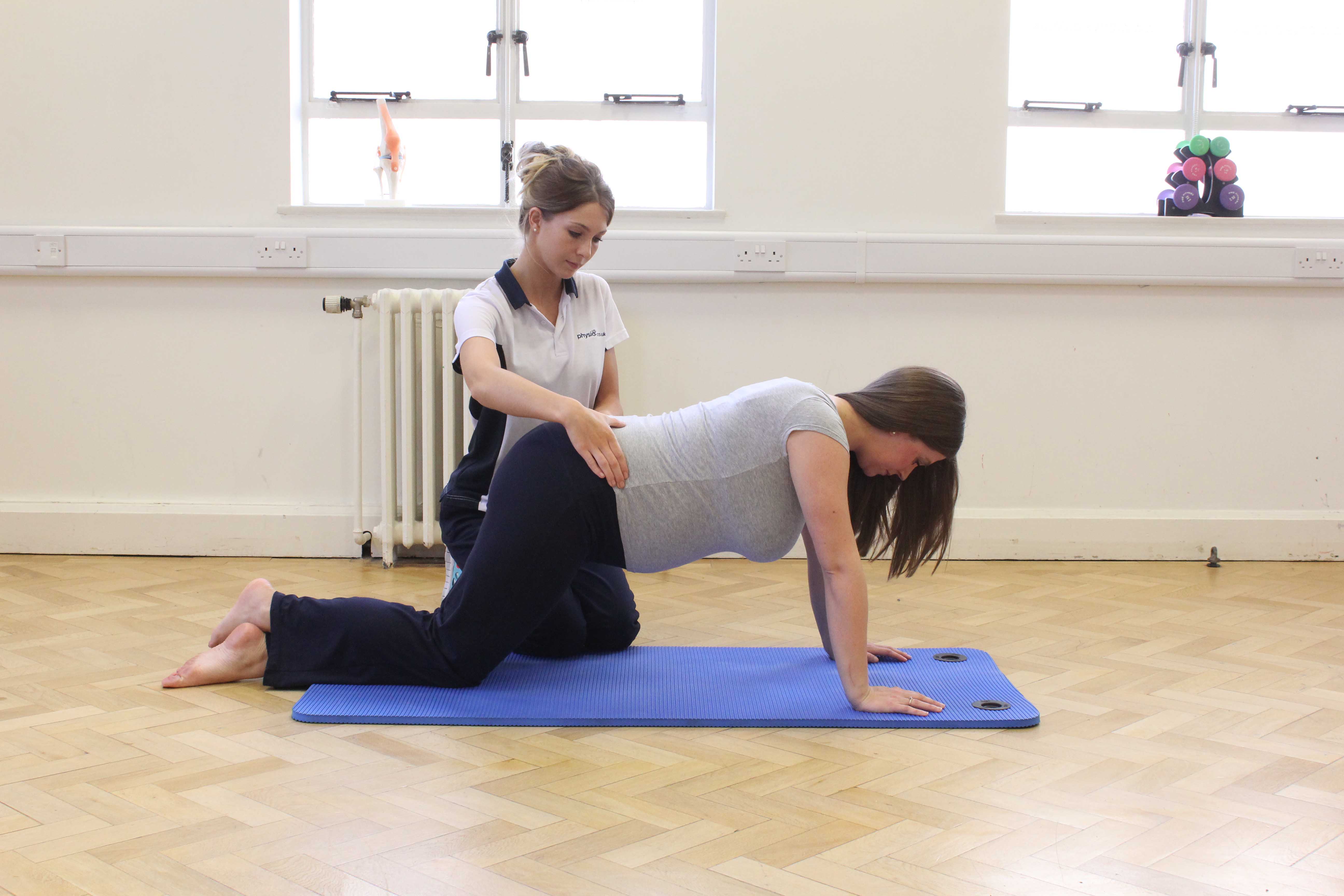
September 13, 2024
3 Reasons Peeing Is A Trouble After Maternity
3 Reasons That Peeing Is An Issue After Maternity Your service provider might likewise ask about how you're feeling, and exactly how you're getting used to parenthood. Some women have much shorter or longer durations than in the past, while others find the menstrual cramps or period discomfort they used to experience are less noticeable post-pregnancy. Soon after your child is born, your uterus will certainly begin the procedure of returning to its normal size. [newline] It will likewise https://seoneodev.blob.core.windows.net/2udlbbfu4jfp72izc/Common-warts/restoration/urinary-incontinence-diagnosis-and.html come down from your navel back down below your pubic bone. The room between the vaginal canal and anus, the perineum, stretches during the birth process if you give birth vaginally. In some cases, it tears, which might result in anything from a small tear that heals on its own to a huge tear that may need stitches. Although there's great deals of delight as you invite your most recent family member, you might face challenges as you try to balance looking after your little newborn with recovery after childbirth.Can Anything Be Done To Stop Incontinence That Results From Childbirth?
- In current years in the united state, there has been a huge increase in pregnancy-related deaths.
- Your midwife and maternal child wellness nurse will offer you information on just how to create a secure resting atmosphere for your infant.
- Nevertheless, research studies show no proof that these assumptions are true.
Surgery
Talking with your medical professional about your signs and symptoms can aid them develop a therapy plan, either surgical or non-surgical, that addresses your certain demands. Many women wear safety pads, shields or baby diapers to secure their garments from pee leakage. Alternatively, specifically made absorbent underclothing, which is comparable in look to normal underwear, can be used easily under day-to-day clothes. Urinary urinary incontinence is the leaking of pee that you can not regulate. This can happen with physical activities, with coughing or sneezing and/or with really feeling an immediate demand to urinate.Does urinary system incontinence go away?
First line treatments for urinary incontinence depend upon private scenarios, yet can include reinforcing workouts(Kegels ), bladder training, nerve modulation, pelvic floor treatment, electric excitement to enhance pelvic flooring contraction, or a pessary. Urinary incontinence normally disappears on its own within a few weeks of giving birth, although for some ladies, it might last a bit longer. Kegels can assist, however if it's influencing your lifestyle or you're worried, you may be described a urogynecologist for an examination.
Social Links